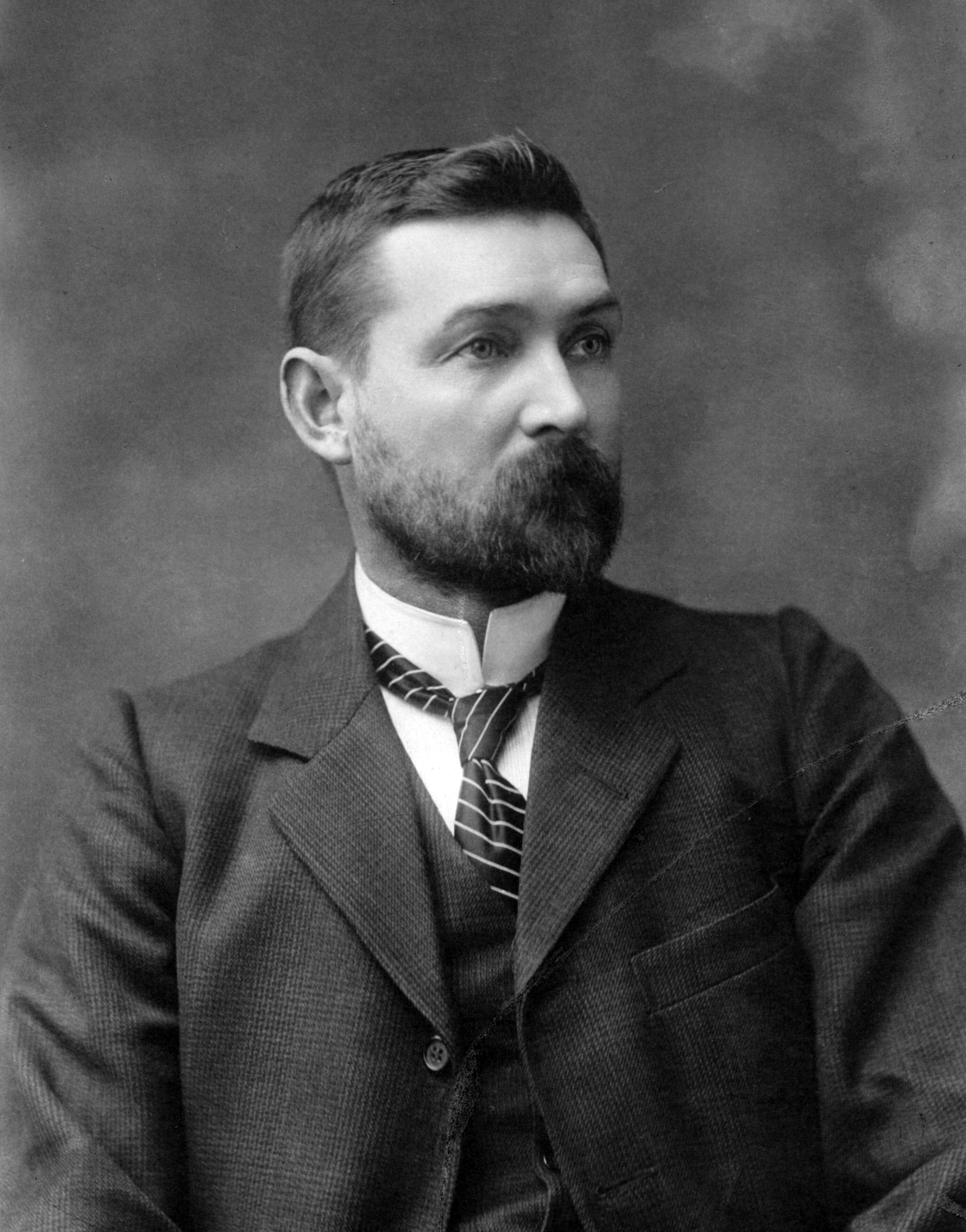Watson, Chris (1867-1941), served as prime minister of Australia for four months, from April to August 1904. At just 37 years old, Watson was the youngest prime minister in Australian history. Born in Chile, he was also the only Australian prime minister not born in Australia or the United Kingdom. Watson belonged to the Federal Parliamentary Labour Party—the forerunner of the Australian Labor Party. Watson was the first Labour prime minister anywhere in the world.
Early life
Boyhood.
John Christian Watson, usually called Chris, was born on April 9, 1867, in Valparaíso, Chile. His parents were Johan Cristian Tanck, a Chilean ship’s officer, and Martha Minchin Tanck, a New Zealander. The couple separated the year after Chris’s birth, and Martha returned to New Zealand with her son. In 1869, Martha married George Thomas Watson, a New Zealand miner. Young Chris took his stepfather’s last name. 
Watson went to school in Oamaru, New Zealand. At the age of 13, he became a printer’s apprentice (person learning a trade). In 1886, he moved to Sydney, Australia. There, he worked as a typesetter (person who sets type for printing) on several newspapers.
Marriage.
On Nov. 27, 1889, Watson married Ada Jane Low, an English-born dressmaker. The couple had no children.
Labor leader.
Watson became active in the printers’ union. In 1891, he helped found the Labour Electoral League, the New South Wales branch of the Labour Party. New South Wales was a British colony at that time. In January 1892, Watson became vice president of the Trades and Labour Council of Sydney, an organization of labor unions. In June of that year, he became president of the council and chairman of the executive committee of the Labour Electoral League. The Australian Labour Federation, a federation of labor unions, elected him as its president in 1894.
Political career
Entry into politics.
In 1894, Watson was elected to the Legislative Assembly, the lower house of the Parliament of New South Wales. Watson represented Young, a rural electoral district.
Member of federal Parliament.
In 1901, New South Wales and the other five British colonies on the continent of Australia united. They formed an independent country called the Commonwealth of Australia. The country elected its first Parliament on March 29, 1901. Watson won a seat in the House of Representatives, the lower house of Parliament. He represented the electoral district of Bland.
On May 8, 1901, the Federal Parliamentary Labour Party elected Watson as its first leader. As leader of the Labour Party, he followed moderate policies. He worked closely with the Protectionist Party leader Alfred Deakin, who became prime minister in September 1903.
Prime minister.
In elections in December 1903, the Protectionist, Free Trade, and Labour parties won nearly equal numbers of seats in Parliament. Deakin remained as prime minister, but his party lacked enough votes to pass legislation. As a result, he resigned in April 1904. The Labour Party then formed a minority government with Watson as prime minister.
Watson took office on April 27, 1904. He also served as treasurer of Australia. He held power for only about four months, however, because he, too, lacked enough votes to pass legislation. He resigned on Aug. 18, 1904. George Reid, the leader of the Free Trade Party, replaced him as prime minister.
Watson remained in Parliament for six years after stepping down as prime minister. After the district of Bland was abolished in 1906, he represented South Sydney. In 1907, he resigned as Labour Party leader. Historians believe he may have stepped down because his wife was ill and he wanted to spend more time with her. In April 1910, he retired from Parliament at the age of 43.
The Labor Party, which had dropped the u from its name, opposed a military draft during World War I (1914-1918). In 1916, the party expelled Watson because he supported the draft. Watson then joined the Nationalist Party.
Later years
Watson devoted much of the rest of his life to business. In 1920, he helped found and became chairman of the New South Wales Roads Association, later the National Roads and Motorists’ Association (NRMA). NRMA is an organization that offers roadside assistance and other services to drivers. He remained its chairman until his death.
Ada Watson died in 1921. On Oct. 30, 1925, Chris Watson married Antonia Mary Gladys Dowlan, a waitress he had met in Sydney. He and Antonia had one daughter, Jacqueline.
In 1936, Watson helped establish the Australian Motorists Petrol Co. Ltd., which became the large oil company Ampol. Watson died in Sydney on Nov. 18, 1941.
